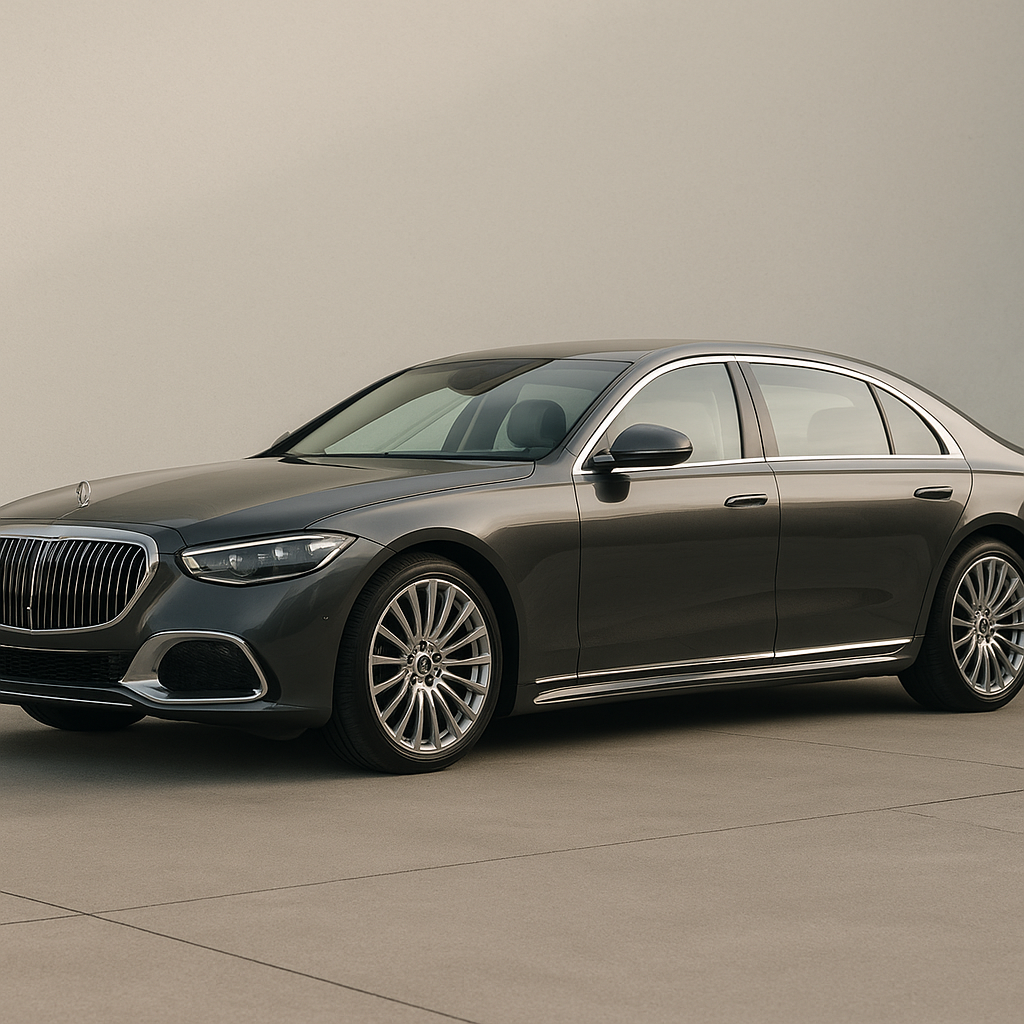Great Luxury Cars
Luxury cars have long symbolized prestige, comfort, and cutting-edge technology. For many drivers, owning a luxury vehicle is about more than just transportation—it’s an experience of elegance, advanced engineering, and refined craftsmanship. This article explores what defines great luxury cars, highlights some of the most notable models on the market, and explains why these vehicles continue to captivate enthusiasts worldwide.
What Defines a Luxury Car?
Luxury cars differentiate themselves from standard vehicles through a combination of superior materials, innovative technology, and exceptional performance. While the definition can vary slightly by market and manufacturer, several core attributes are commonly associated with luxury cars:
- Premium Interior Materials: High-quality leather, real wood trim, and meticulous attention to detail create a comfortable and sophisticated cabin environment.
- Advanced Technology: State-of-the-art infotainment systems, driver assistance features, and connectivity options enhance the driving experience.
- Superior Performance: Powerful engines, smooth transmissions, and refined suspension systems contribute to both dynamic driving and ride comfort.
- Design and Styling: Elegant, timeless exterior designs often paired with distinctive brand signatures set luxury cars apart visually.
Top Great Luxury Cars on the Market
The luxury car segment is diverse, offering models that range from sporty coupes to spacious sedans and SUVs. Below are some standout vehicles that exemplify greatness in the category:
1. Mercedes-Benz S-Class
The Mercedes-Benz S-Class has long been regarded as the benchmark for luxury sedans. It combines plush interiors with cutting-edge technology such as advanced driver-assistance systems and a highly customizable ambient lighting setup. The S-Class delivers a smooth and powerful ride with its range of inline-six, V8, and V12 engines.
2. BMW 7 Series
BMW’s flagship sedan, the 7 Series, offers a blend of sportiness and luxury. Known for its dynamic handling and powerful engine options, it also features a high-tech cabin with gesture controls and a spacious rear seating area that appeals to chauffeur-driven luxury car buyers.
3. Audi A8
The Audi A8 stands out with its minimalist yet futuristic design and a focus on technology. Its Quattro all-wheel-drive system ensures confident handling, while the interior boasts advanced infotainment and comfort features including massage seats and four-zone climate control.
4. Lexus LS
Lexus LS combines Japanese craftsmanship with reliability and comfort. It offers a serene driving experience with a smooth hybrid powertrain option, luxurious materials, and a reputation for exceptional build quality.
5. Rolls-Royce Phantom
At the pinnacle of automotive luxury, the Rolls-Royce Phantom delivers unmatched opulence. Handcrafted interiors, whisper-quiet cabins, and a powerful V12 engine make the Phantom an icon of exclusivity and prestige.
6. Tesla Model S Plaid
For those seeking luxury with an electric twist, the Tesla Model S Plaid combines blistering acceleration with a minimalist, tech-forward cabin. It represents the growing segment of luxury electric vehicles that emphasize innovation and sustainability.
Why Choose a Luxury Car?
Choosing a luxury car offers several advantages beyond just aesthetics and status:
- Comfort and Convenience: Luxury vehicles often come equipped with features designed to maximize driver and passenger comfort, such as heated and ventilated seats, superior sound insulation, and advanced climate controls.
- Safety and Technology: Many luxury cars include cutting-edge safety systems like adaptive cruise control, lane-keeping assist, and night vision, providing peace of mind on every journey.
- Resale Value and Prestige: Established luxury brands tend to maintain strong resale values. Owning a luxury car also reflects a certain lifestyle and status that many buyers value highly.
- Driving Experience: Enhanced performance, precise steering, and refined suspension systems make luxury cars enjoyable to drive in a variety of conditions.
Considerations When Buying a Luxury Car
While luxury cars offer many benefits, prospective buyers should consider several factors before making a purchase:
- Cost of Ownership: Luxury cars often come with higher insurance premiums, maintenance, and repair costs compared to non-luxury vehicles.
- Depreciation: Although many luxury brands hold value well, some models depreciate quickly, so understanding the resale market is important.
- Technology Complexity: Advanced tech features can sometimes be challenging to master or costly to repair if malfunctioning.
- Fuel Economy: Many luxury cars prioritize performance which can impact fuel efficiency, though hybrid and electric options are increasingly available.
FAQ About Luxury Cars
- What is the difference between a luxury car and a premium car?
- Luxury cars typically emphasize superior craftsmanship, performance, and advanced features more than premium cars, though the terms are sometimes used interchangeably depending on brand positioning.
- Are luxury cars more reliable than standard cars?
- Reliability varies by brand and model. Some luxury brands like Lexus are known for high reliability, while others may have higher maintenance needs due to complex systems.
- Do luxury cars offer better safety features?
- Yes, luxury cars often debut the latest safety technologies and driver assistance systems before they trickle down to more affordable vehicles.
- Is it better to lease or buy a luxury car?
- Leasing can be attractive for luxury cars due to lower monthly payments and the ability to upgrade frequently, but buying may be better for long-term ownership and equity.
Conclusion
Great luxury cars combine elegance, advanced technology, and superior performance to create an exceptional driving experience. Whether you prioritize comfort, innovation, or prestige, the luxury car market offers a wide range of options to suit diverse tastes and needs. Understanding what defines a luxury vehicle and carefully considering your priorities can help you choose a car that delivers both satisfaction and value for years to come.
